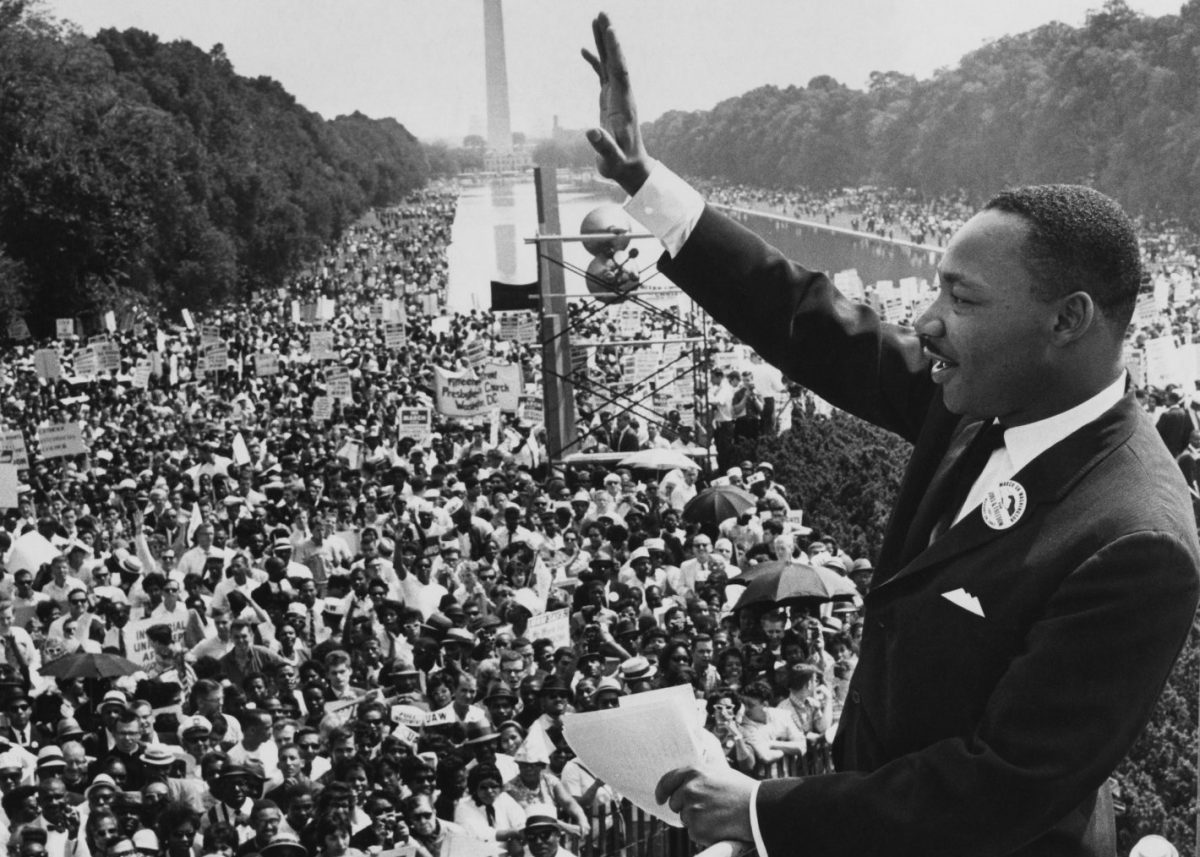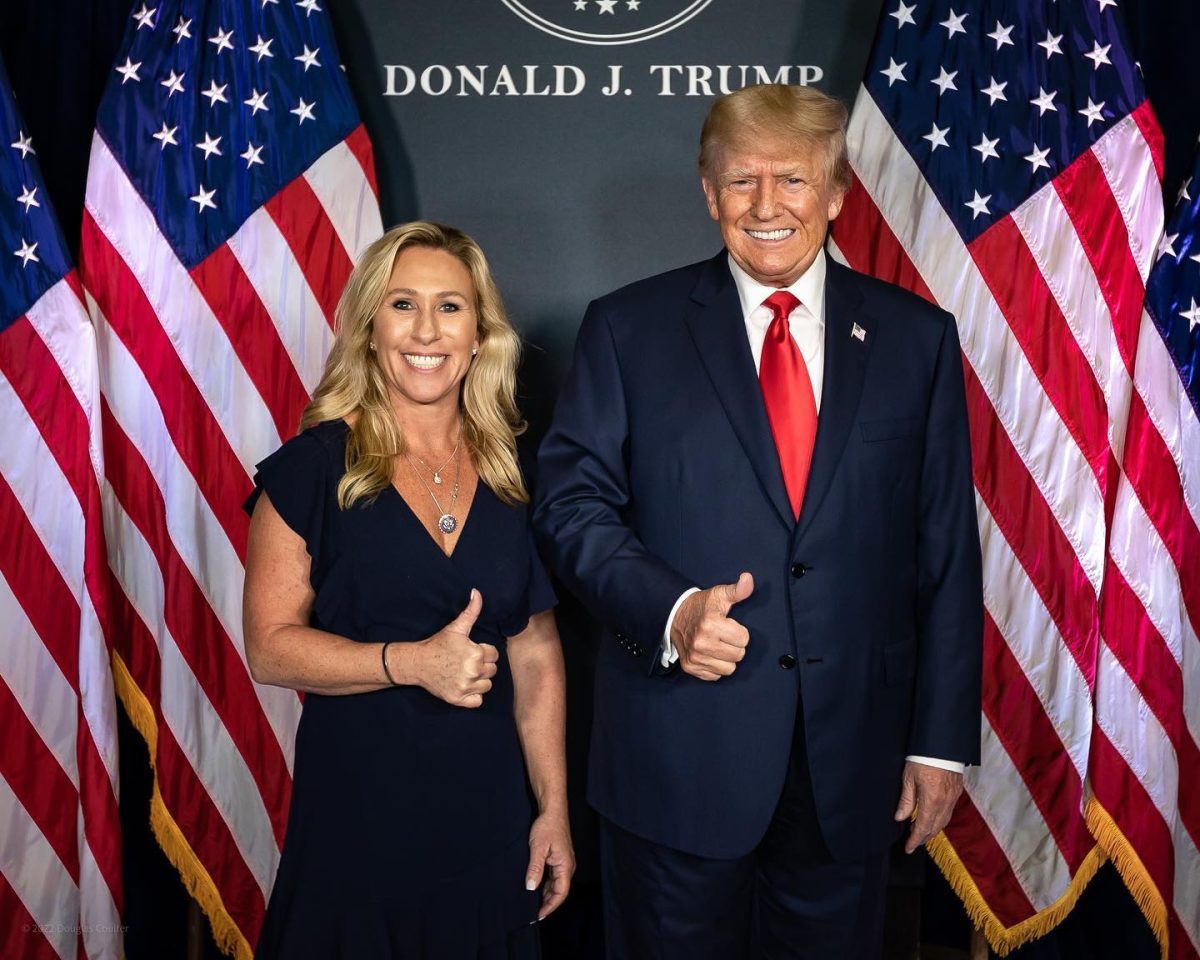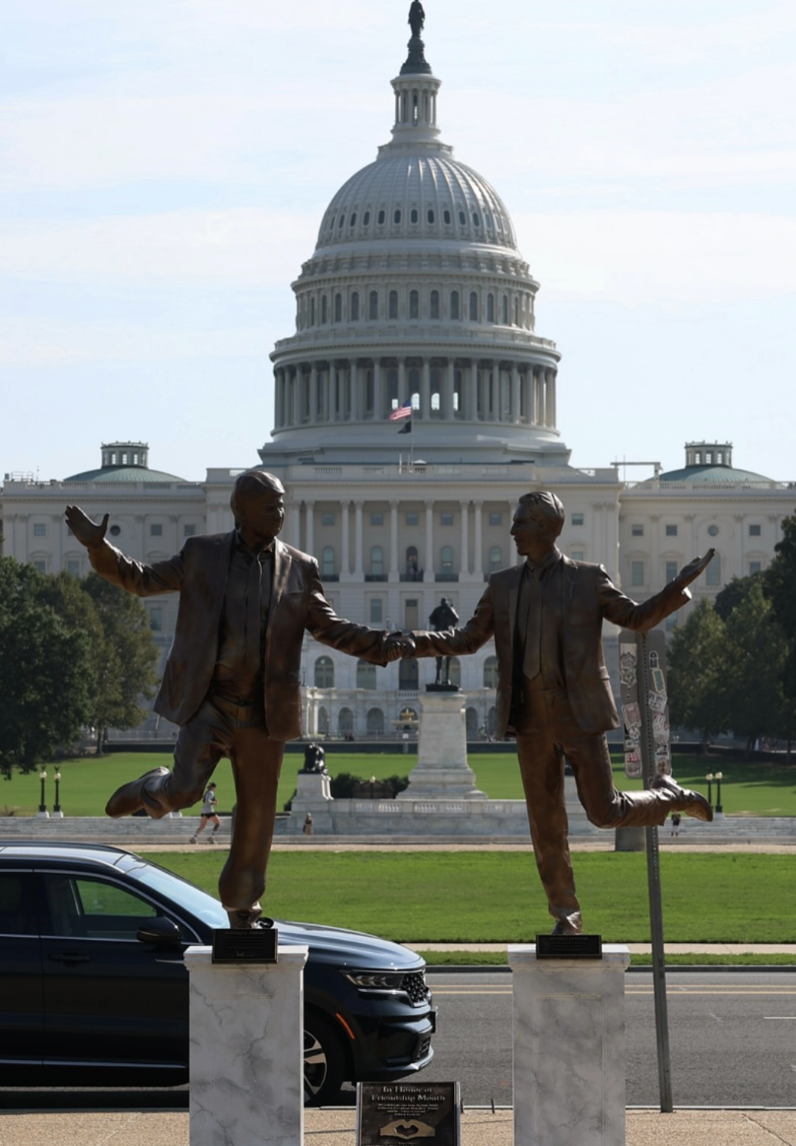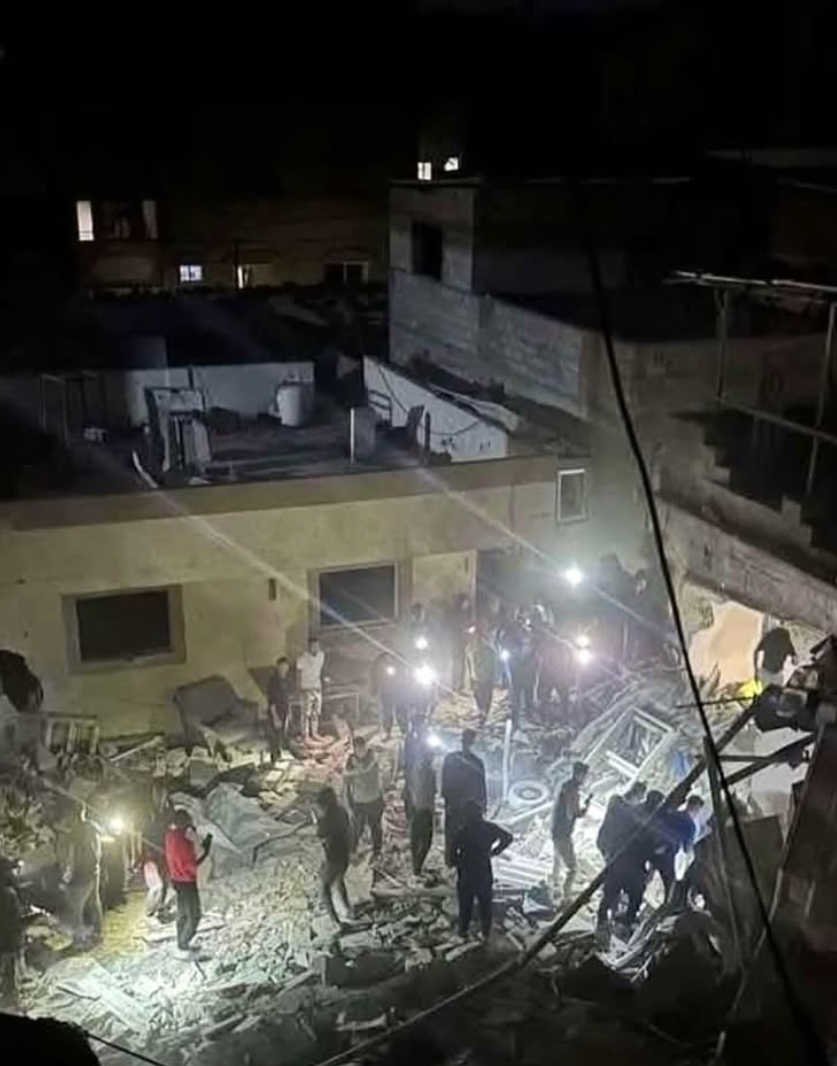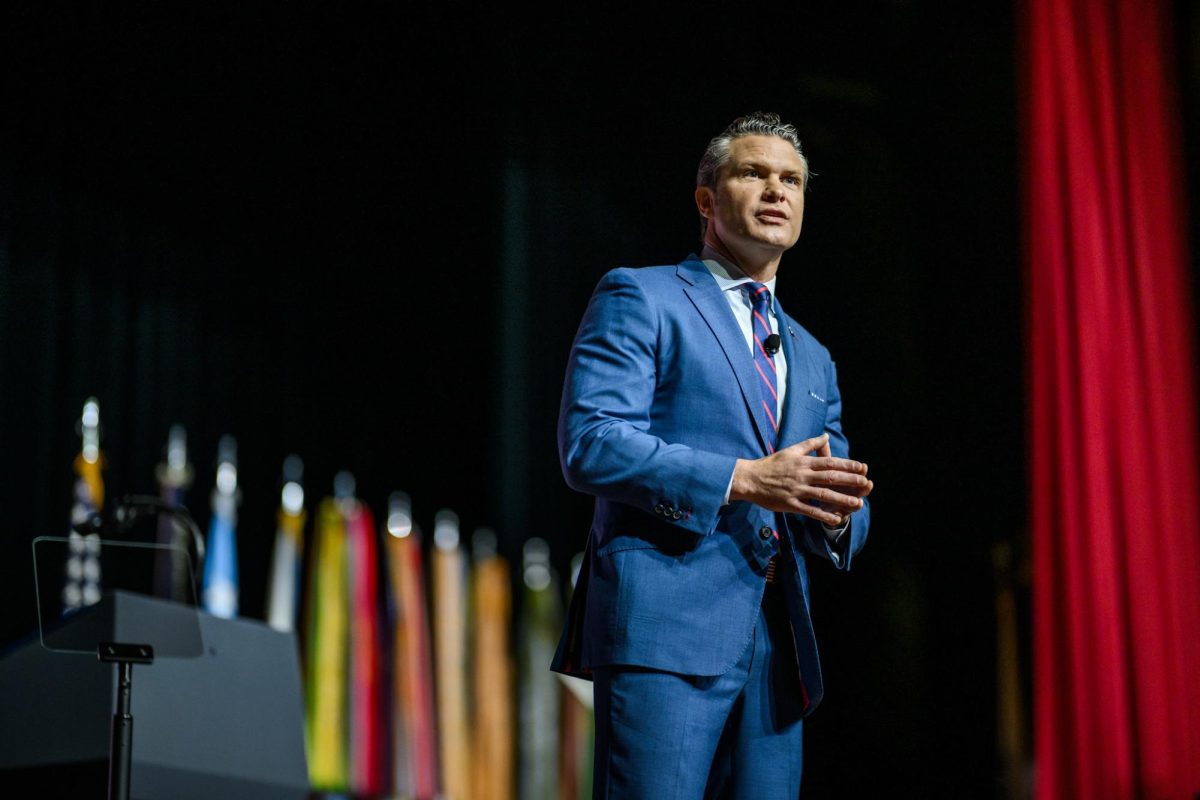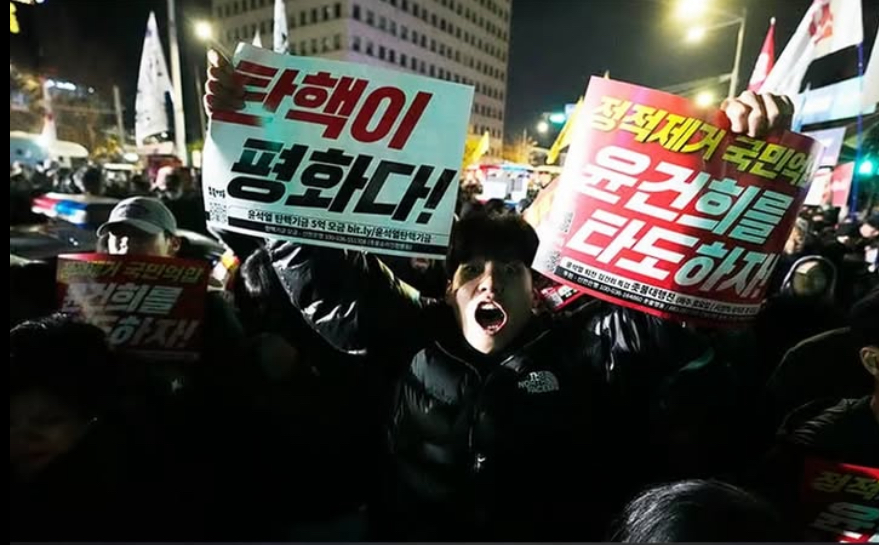On December 3, 2024, South Korean President Yoon Suk Yeol made a choice that shocked everyone worldwide by declaring martial law. He explained that this action was needed to deal with “anti-state forces” and pro-North Korean groups in the National Assembly controlled by the opposition. Yoon explained why he acted as he did: “Extraordinary threats require extraordinary measures, and I will not flinch in protecting this nation’s stability.” His announcement stopped Parliament from working and put the country under military control, which led to strong and quick criticism in South Korea and other countries.
But within hours of the announcement, protests erupted nationwide, forcing Yoon to double back and lift the order just six hours later. The event had a big impact on South Korea’s democratic institutions and raised worries about the strength of the country’s political system and a possible loss of civil rights.
Martial law is a rare and extreme action in South Korea’s recent history. It gives the military the power to take control over civilian government. Yoon said that his decision was necessary to protect the country from “anti-state forces” working inside the government. He stated, “The safety and order of the Republic must not be compromised by those who seek to weaken it from within.” In response, military forces were deployed to key locations, including the National Assembly, and media coverage was temporarily suspended.
The public reacted swiftly and loudly. Tens of thousands took to the streets in Gwanghwamun Square in Seoul, demanding that the martial law be lifted and calling for President Yoon to step down. The National Assembly held an emergency meeting in which all 190 members voted to call for an end to martial law. Many analysts believe Yoon misread the mood of the public and overestimated support from the military.
The political fallout was huge: Defense Minister Kim Yong-Hyun, a main supporter of Yoon’s decision to proclaim martial law, resigned and later was arrested under charges of sedition. Police Chief Cho Ji-ho, accused of helping enforce martial law, was also detained. Calls for Yoon’s impeachment gained momentum soon after, with lawmakers accusing him of violating the Constitution by using military force to dominate the legislature. An impeachment vote is expected in the National Assembly, and if it passes, Yoon could be suspended from office while the Constitutional Court looks at the case.
Seoyeon Choi, a Computer Science & Mathematics Teacher at Lake Forest Academy, discussed how the crisis affects people. She said, “This incident has raised questions and concerns among South Koreans about the strength and stability of their democratic institutions. It has highlighted potential challenges within the system, prompting discussions about governance and the balance of power.”
Besides the political outcome, the crisis has also affected the South Korean economy. Uncertainty over the declaration of martial law shook investor confidence and elicited grave concerns about the country’s economic stability. Choi said, “The crisis has made citizens worry, affecting economic stability and investor confidence.” The economic effects are expected to last for a while, possibly impacting South Korea’s role in the world.
It tested how much power leaders can have, exposed weaknesses in the political system, and raised tough questions about how strong South Korea’s democracy is. With more people calling for impeachment and an unclear political future for Yoon, one thing is clear: this crisis has shown the need for continued vigilance, accountability, and a strong commitment to democratic values.







